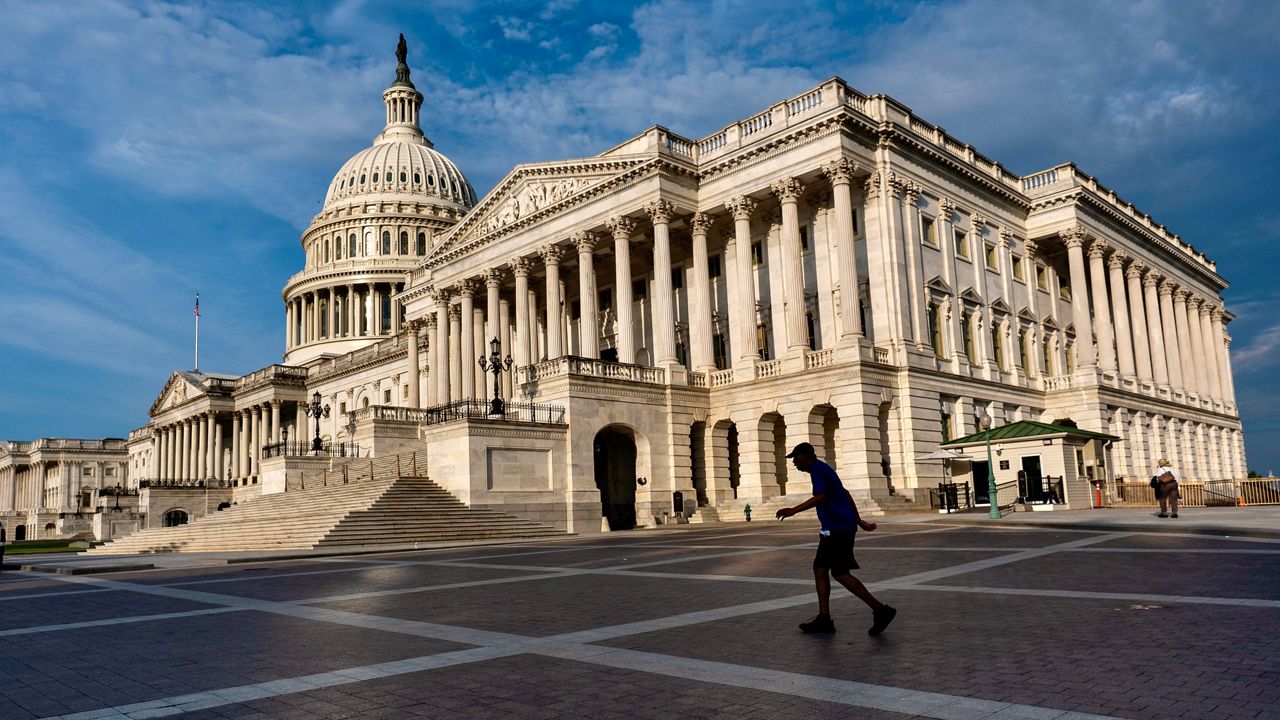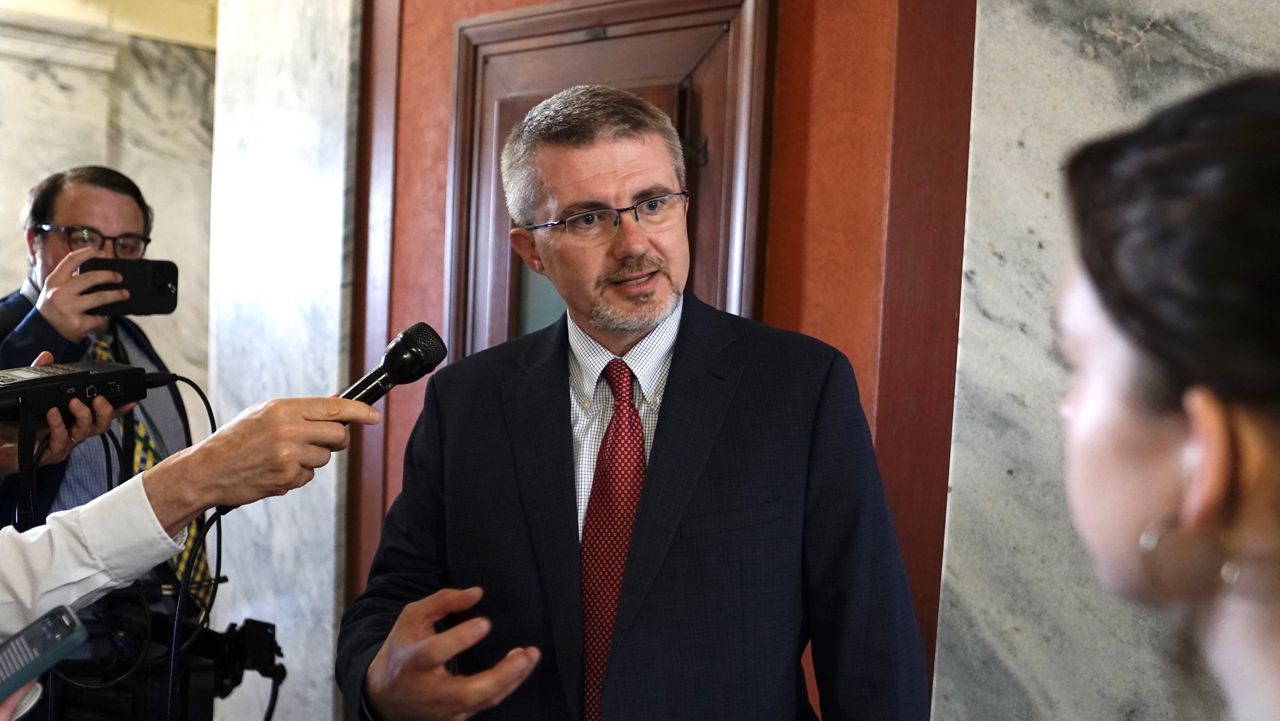FRANKFORT, Ky. — Lawmakers in Frankfort are working during the interim to address a major issue facing the state, a lack of housing. On Monday, the Kentucky Housing Task Force reconvened to hear how the general assembly could help in the 2026 session.
The Kentucky Housing Corporation said to task force members, Kentucky is short 206,000 units across all levels of income.
Wendy Smith, deputy executive director of KHC, said the gap is evenly split between rental units and for-sale homes.
“Every county needs more housing,” Smith said.
A lack of building permits issued since the 2008 housing crisis, financial stress on homeowners and landlords and home/rent prices not keeping up with income, among other things, have led to a shortage in Kentucky, according to KHC.
“These are the impacts, we have higher average housing costs, Kentuckians are spending too much of their monthly income on housing costs, low homeownership rates, increased homelessness,” Smith said.
KHC said their biggest asks is that the legislature establishes flexible financial resources that reward builders.
“That’s coming in the form of state tax credits, tax abatements for property development particularly affordable development, housing infrastructure financing and housing development financing,” Smith said.
State Sen. Jared Carpenter, R-Berea, a home builder by trade, said it’s costing more to build homes because of increases in material prices, lot prices and labor availability.
“Everybody can’t afford to do these things out of their own pocket if it still doesn’t try to make some money; and it’s not that you’re trying to get rich or make a huge amount of money, there’s just so many unforeseen costs,” Carpenter said.
Lawmakers hope to take feedback from this task force and draft legislation to be ready to go come January.
“So that when session starts, they can go right to committee and we can get a lot done,” said State Rep. Susan Witten, R-Louisville.
The Kentucky Housing Corporation projects if housing inventory doesn’t catch up, the state’s gap will grow to 287,000 in 2029.







